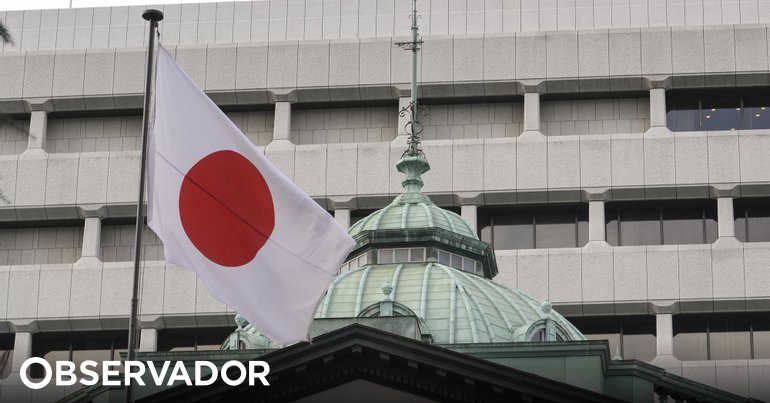
The Bank of Japan, the last among the large central banks that still had interest rates at a negative level, increased the interest rate this Wednesday for the first time in 17 years. The interest rate in Japan had been at a negative level since 2016 but the recent acceleration in wages in the Japanese economy led to an increase in inflation that the central bank wanted to control quickly.
The interest rate was at -0.1% since 2016, and moved to a positive level between 0% and 0.1%. The step of placing interest rates at a negative level was taken in Japan shortly after the euro zone, under the leadership of Mario Draghi in 2014, began imposing a negative interest rate.
In all places where negative interest rates were applied, in practice, banks had to pay to place excess liquidity in the central bank (instead of receiving interest), serving as a stimulus to lend more to the economy. In turn, consumers were also encouraged to spend more, since savings deposited in banks had a zero or negative return (especially considering inflation).
This framework has changed in recent years and the euro zone ended negative interest rates in July 2022. In Japan, whose economy has suffered deflationary pressure for several decades, slightly negative interest rates remained for longer, until this Wednesday.
In addition to having the interest rate at a level below zero, Japan has also resorted to a controversial policy known as “Yield Curve Control” (yield curve controlor YCC) which, in simple terms, involves direct intervention by the central bank with the purchase of debt securities on the market, to make the price of these securities rise in an “artificial” way and, in this way, prevent interest rates from long-term interest rates rise.
This practice has also been discontinued, as of this Wednesday, although the Bank of Japan has warned market participants that it is available to return to YCC if interest rates rise too quickly.
The decision comes after, at the beginning of this month, the country’s largest companies agreed to increase salaries by an average of 5.28%, which corresponds to the largest salary increase in more than 30 years and follows a near stagnation in salaries since the end of the 1990s. Faced with this rapid salary increase, negotiated this year, the central bank decided to act to prevent the formation of greater inflationary pressures, at a time when inflation is already at 2%.
Source: https://observador.pt/2024/03/20/banco-central-do-japao-o-ultimo-resistente-nas-taxas-negativas-sobe-os-juros-pela-primeira-vez-em-17-anos/
